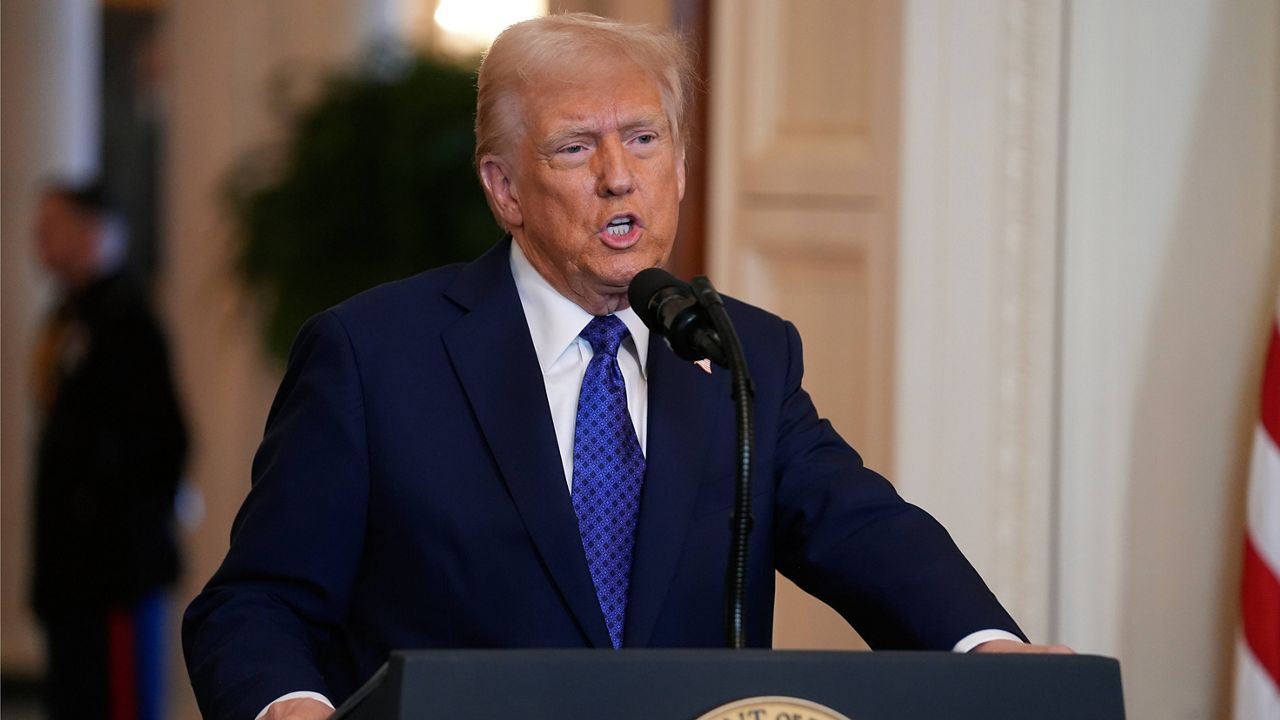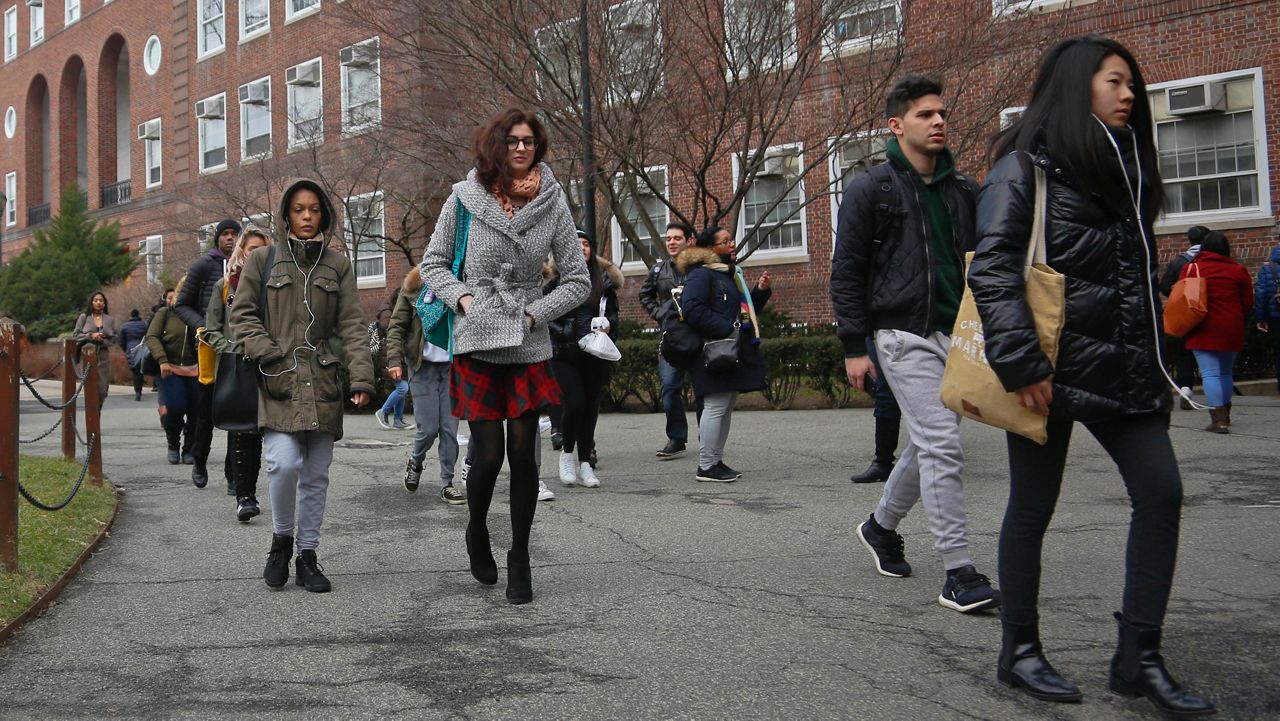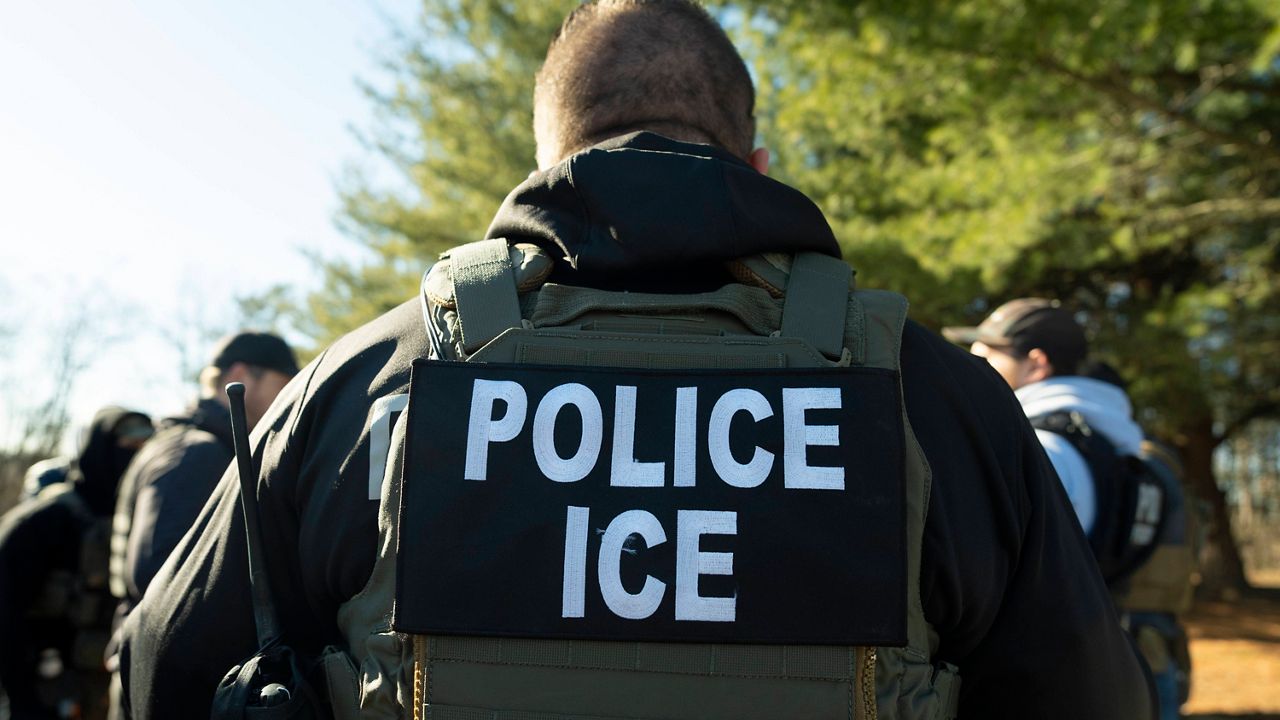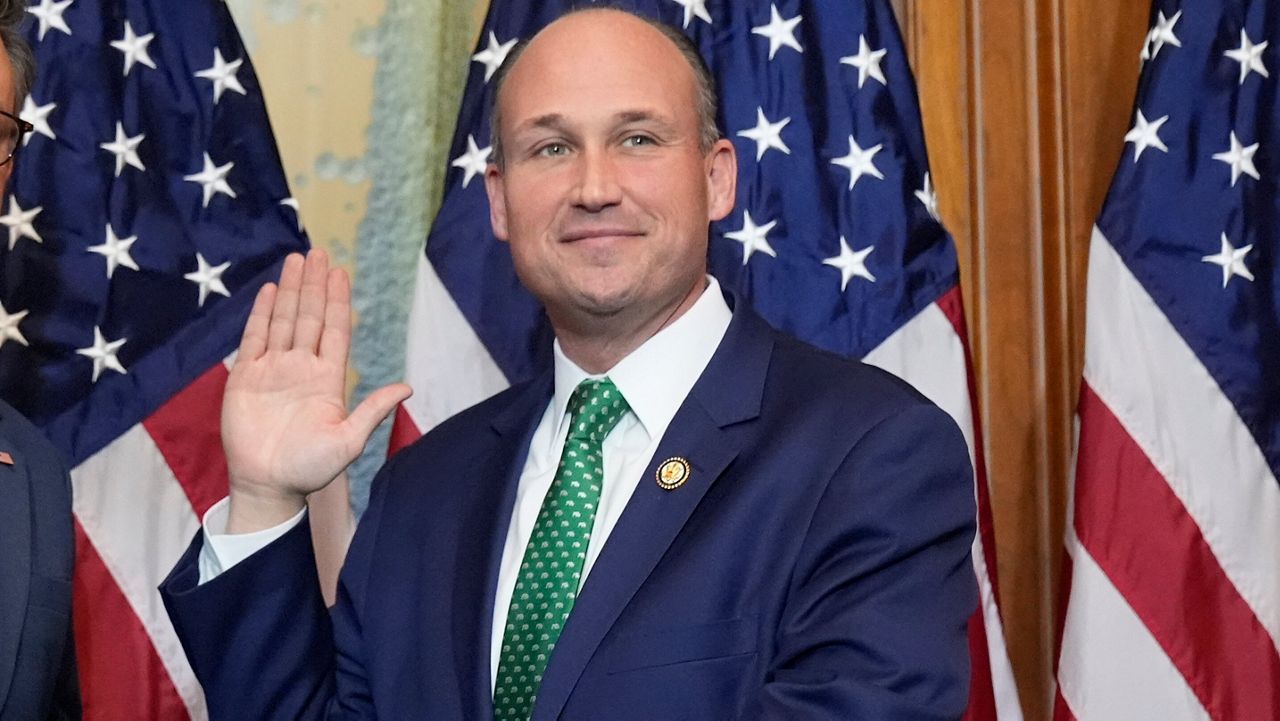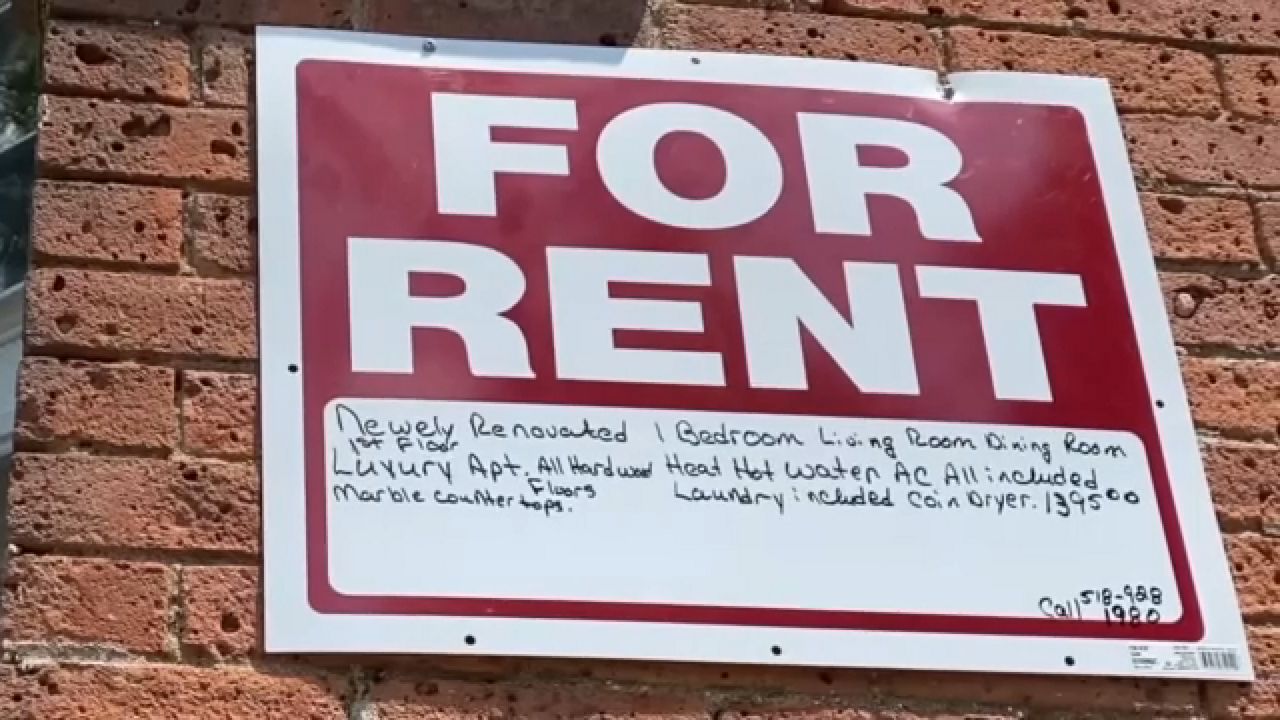BUFFALO, N.Y. -- The Seneca Nation and New York state continue to extend the terms of their gaming compact quarterly as they negotiate a new deal.
The next automatic extension comes at the end of September and would be effective through the rest of the year.
"I hear time and time again they're close to a deal and then the governor's team pulls things off the table," state Sen. George Borrello, R-Sunset Bay, said.
The two parties have been negotiating for roughly two years but Borrello does not believe the governor has been doing so in good faith. The Senecas will have a new president following the election in November.
"Certainly I'm sure the fact that the election is looming is having an impact and perhaps she's willing to roll the dice but that's not fair to the Seneca Nation. It's certainly not (fair) to the people of Western New York," Borrello said.
Let's Talk Native radio host John Kane believes there is a growing sentiment the Senecas should not share any gaming revenue with New York. Under the current terms, the state gets 25% of the net slot machine revenue which has been about $100 million annually.
"There are candidates who are running both for council and for executive who are, if not running on this sole platform, they've certainly made statements that they are opposed to revenue sharing," Kane said.
He pointed out because the state is not responsible for any casino expenses, its current share of the revenue is closer to 50%. All of that money this year has been put into an escrow account rather than paid directly to the state.
"I can't imagine a new Seneca administration that is going to continue to have this money put in escrow. I can't imagine that they would do that and I can't imagine the Seneca people will allow it," Kane said.
Borrello said he believes a new administration could decide not to share the revenue anymore too.
"The Seneca Nation extended an olive branch by agreeing to this extension of the current compact which is costing them extra money every day that goes by so at some point, yeah, it will absolutely be within their right to stop paying," he said.
Kane said the Senecas are not required to have an agreement with the state and could work out something directly with the federal government however he believes the Department of Interior has done little to help move negotiations along to this point.






